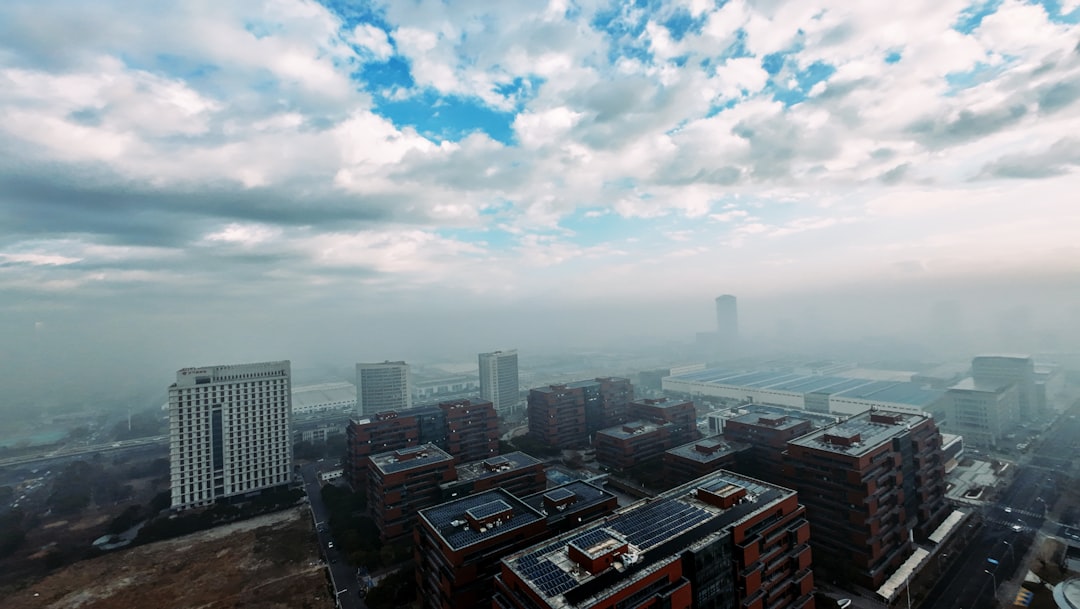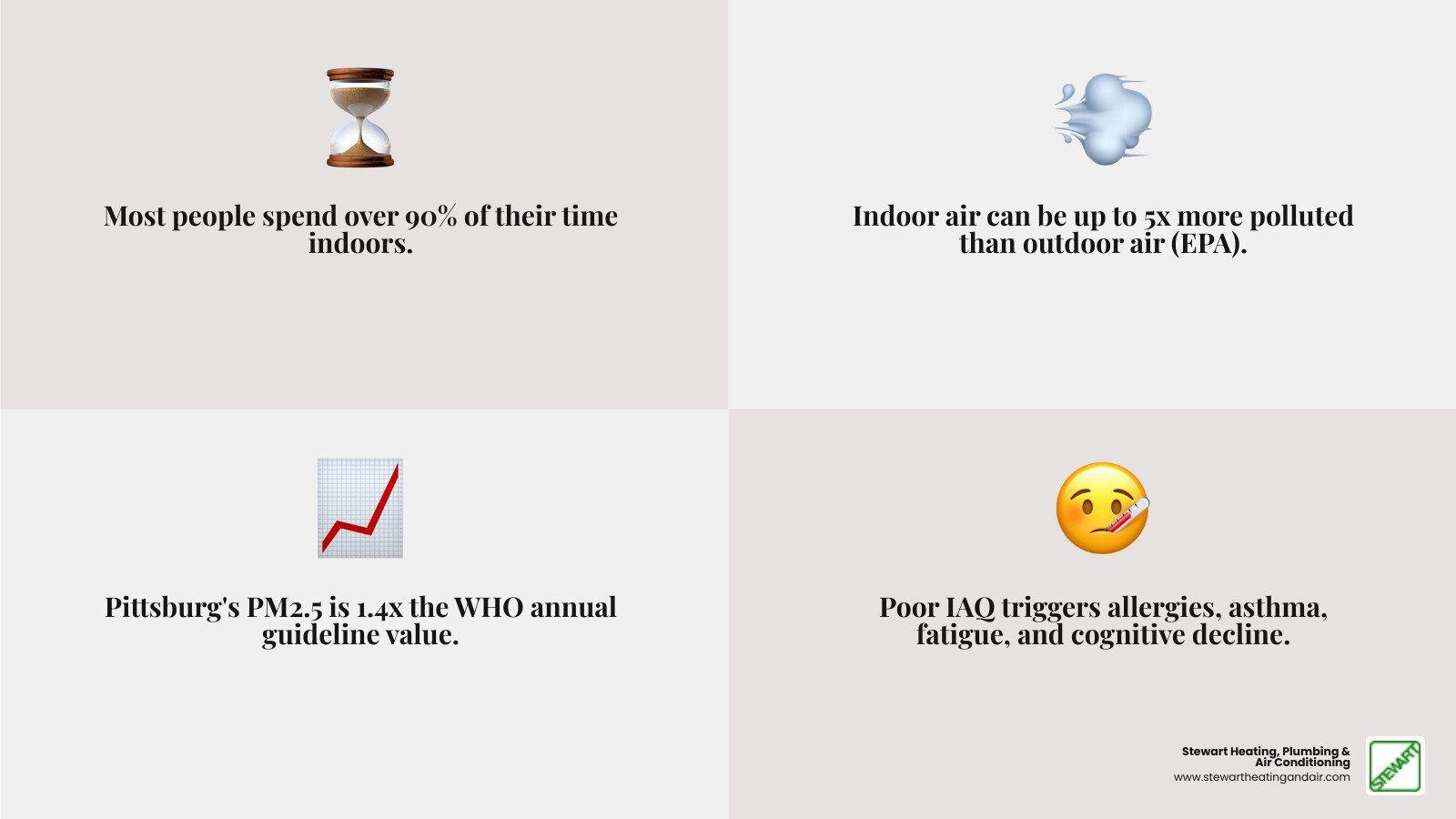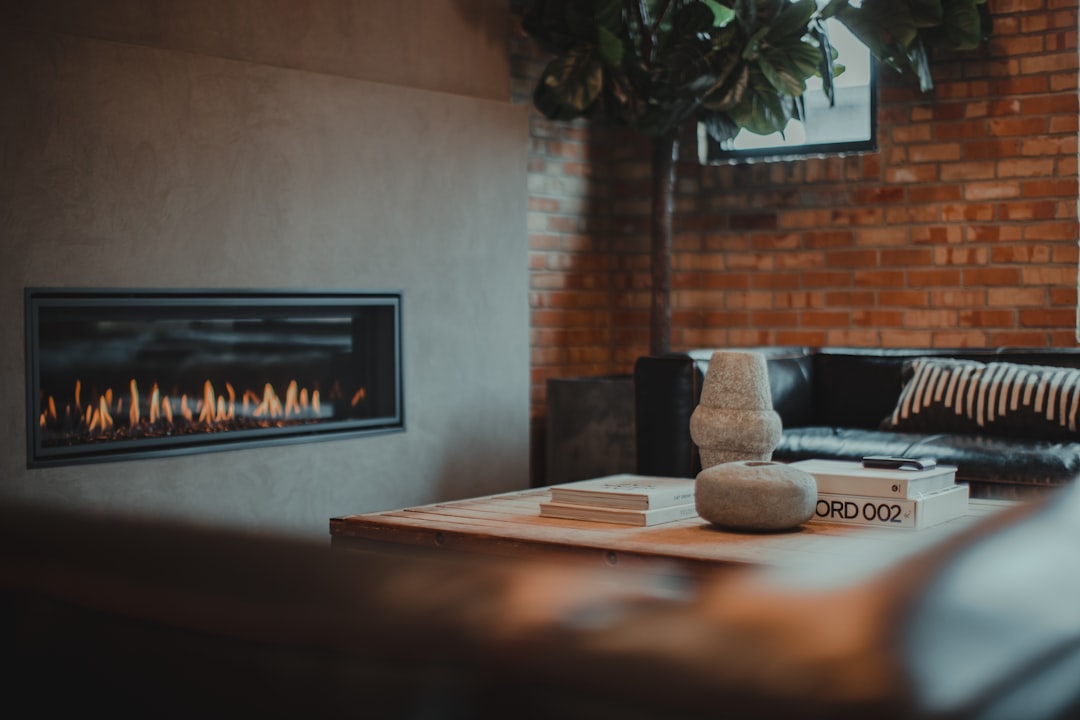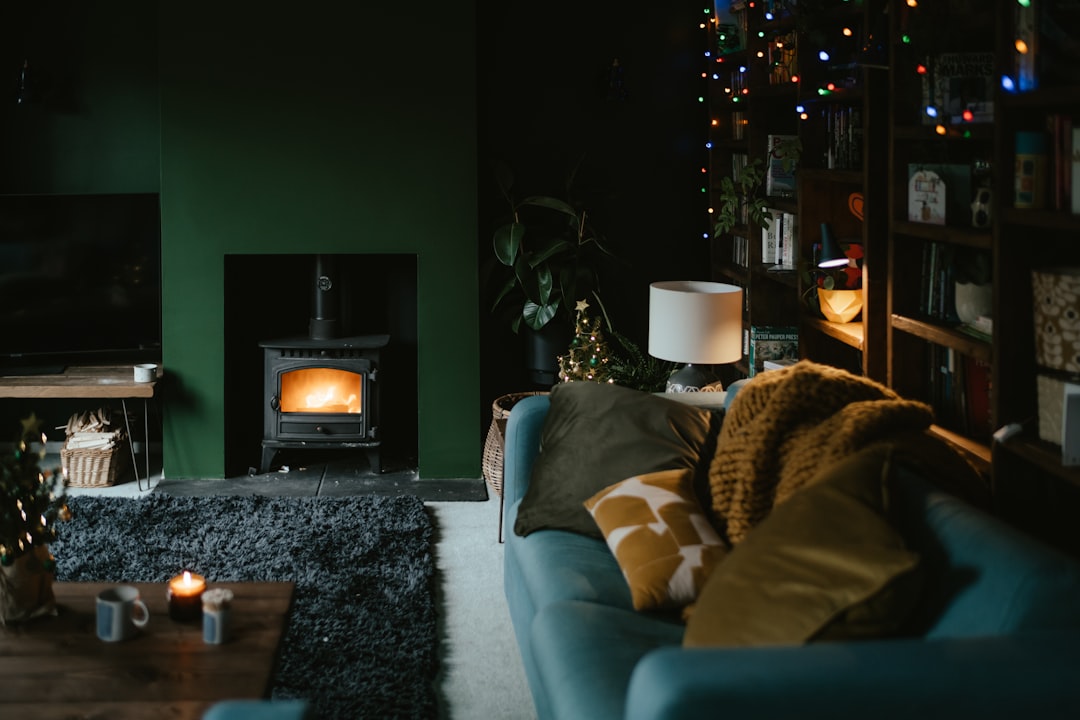
Why Indoor Air Quality Pittsburg CA Matters for Your Home and Health
The indoor air quality Pittsburg CA residents experience can be up to five times more polluted than the air outside, according to the EPA. Since most of us spend over 90% of our time indoors, this poses a significant health concern, especially in Contra Costa County, where industrial emissions, wildfire smoke, and Bay Area humidity create unique challenges.
Quick Solutions for Better Indoor Air:
- Change HVAC filters every 1-3 months (more often with pets)
- Schedule annual HVAC maintenance to prevent mold and contaminant buildup
- Install air purifiers or filtration systems for whole-home protection
- Control humidity levels between 30-50% to prevent mold growth
- Open windows daily when outdoor air quality permits
- Professional duct cleaning every 5-7 years to remove accumulated pollutants
Poor indoor air quality is a real health risk. It can trigger allergies and asthma, cause headaches and fatigue, and even impact cognitive function. With PM2.5 concentration in Pittsburg currently 1.4 times the WHO annual guideline value, what's happening outside directly affects the air inside your home.
The good news is that you have control. Simple practices like regular filter changes and proper ventilation make a significant difference. For persistent issues, professional solutions like whole-home air purifiers, UV germicidal lights, and regular HVAC maintenance provide long-term relief and improved energy efficiency.
Understanding your indoor air quality is the first step toward protecting your family's health and breathing easier in your home.

Understanding the Air Inside: Local Pollutants in Pittsburg, CA
Closing your doors doesn't always keep pollutants out. Many everyday items and activities create indoor air quality challenges. Here’s what’s often floating around in your Pittsburg home:
- Volatile Organic Compounds (VOCs): These are gases released from common products like paints, cleaning supplies, air fresheners, and new furniture. Prolonged exposure can cause headaches, nausea, and long-term organ damage.
- Dust Mites and Pet Dander: Microscopic creatures and skin flakes from pets are powerful allergens that thrive in bedding, carpets, and furniture, triggering asthma and allergy symptoms.
- Mold and Mildew: These fungi grow in damp areas like bathrooms, basements, or near leaky pipes. They release spores that can cause allergic reactions and respiratory issues.
Living in Pittsburg also means dealing with unique local factors that affect indoor air quality Pittsburg CA residents face:
- Industrial Emissions & Wildfire Smoke: Pollutants from nearby industrial activity and seasonal wildfire smoke can infiltrate your home, even with the windows closed.
- Bay Area Climate & Allergens: Our regional climate can lead to high indoor humidity (ideal for mold) if not managed. Seasonal pollen also easily enters homes, accumulating and causing year-round allergy problems.
Understanding these pollutants is key to tackling them effectively. For real-time outdoor air quality data that may be affecting your home, check the current conditions:
Pittsburg, CA Air Quality Data

Health Risks and Cognitive Effects of Poor Air Quality
Poor indoor air quality is a direct threat to your health. Consistent exposure to pollutants can cause both immediate discomfort and chronic conditions.
Common health issues include allergies and asthma attacks, triggered by dust, dander, and mold. Irritation from pollutants like PM2.5 and VOCs can also lead to respiratory problems like bronchitis and increased infections. Many people also experience unexplained headaches, fatigue, and sinus congestion, which are classic signs of poor air quality.
Long-term risks are more serious, with studies linking indoor pollution to heart disease and certain cancers. Furthermore, poor air quality can significantly impact your mental performance. Research shows it can impair memory, attention, and concentration, reducing productivity for those working or studying at home. Improving indoor air quality can boost productivity by as much as 10%, making it a critical factor for your family's overall well-being.
Your First Line of Defense: Simple Practices for Better Air
Improving your home's air quality doesn't have to be overwhelming. Simple, consistent habits can dramatically reduce the pollutants circulating through your home, making a meaningful improvement in the air your family breathes.

Regular cleaning is a powerful tool. Dusting with a damp cloth traps particles, while vacuuming with a HEPA-filtered machine removes allergens from carpets and upholstery. Source control—stopping pollutants before they start—is also key. This includes choosing low-VOC paints and cleaning supplies and ensuring any smoking is done outdoors.
Finally, proper ventilation is essential. Opening windows for 15-20 minutes a day (when outdoor air is clean) flushes out stale air. Using exhaust fans in kitchens and bathrooms removes moisture and odors at the source, preventing mold growth. These practical actions collectively create a healthier indoor environment.
Simple DIY Tips to Improve Your Home's Air
Ready to take action? Here are concrete steps you can start today:
Change air filters regularly: Replace your furnace filter every 1-3 months. If you have pets or allergies, change it every 30-60 days to catch dust, pollen, and dander.
Keep home clean and dust-free: Vacuum weekly (preferably with a HEPA filter) and use a damp cloth on hard surfaces to capture dust instead of spreading it.
Control humidity with dehumidifiers: Aim for 30-50% humidity to discourage mold and dust mites. Use a dehumidifier in damp areas like basements.
Use kitchen and bathroom exhaust fans: Run them every time you cook or shower to vent moisture and fumes outside.
Allow fresh air to circulate daily: When outdoor air quality is good, open windows to dilute indoor pollutants.
Choose houseplants that purify the air: Plants like spider plants, peace lilies, and snake plants can help absorb some pollutants.
The Importance of Regular Air Filter Maintenance
Your HVAC system's air filter is your first line of defense against airborne pollutants. It acts as a net, catching dust, pollen, pet dander, and mold spores. As the filter gets dirty, it becomes less effective, and a clogged filter forces your HVAC system to work harder, increasing energy bills and risking damage.
When choosing a filter, look at its MERV rating (Minimum Efficiency Reporting Value). A higher MERV rating means better filtration of smaller particles, but you must select one that is compatible with your system to avoid restricting airflow.
The standard replacement schedule is every 1-3 months. However, pet owners and allergy sufferers should change filters more frequently, around every 30-60 days. During wildfire season or if there's a smoker in the house, check your filter even more often. This simple task protects both your health and your HVAC investment.
Air Filter Replacement Pittsburg CA
Professional Solutions for Indoor Air Quality in Pittsburg CA
When DIY methods aren't enough to solve persistent air quality issues, it's time for professional solutions. At Stewart Heating, Plumbing & Air Conditioning, we provide a comprehensive assessment to identify the specific contaminants in your home—from excess humidity to VOCs and allergens—so we can recommend effective solutions.
We focus on whole-home solutions that integrate with your HVAC system to purify your entire living space, not just a single room. This approach improves your indoor air quality Pittsburg CA and boosts your system's energy efficiency, saving you money in the long run.
For business owners, clean air is crucial for employee productivity and customer comfort. Poor air quality is linked to increased sick days and reduced concentration. We design commercial IAQ solutions that support a healthy and productive environment.

How Professional HVAC Maintenance Boosts Air Quality
Your HVAC system circulates air throughout your home, and regular maintenance ensures that air is clean. During an annual tune-up, our technicians do more than a simple check. We thoroughly clean components like the evaporator and condenser coils, which can harbor mold and bacteria, spreading contaminants through your home.
A critical part of maintenance is preventing mold growth in your AC unit. We inspect drain lines and check for moisture issues that create a breeding ground for mold, stopping spores from entering your air supply. We also verify proper airflow, ensuring your filters work effectively. Regular maintenance leads to cleaner air, lower energy bills, and a longer-lasting system.
Advanced Systems for Purifying and Ventilating Your Space
We offer cutting-edge technologies to actively purify and refresh the air in your home or business.
Whole-Home Air Purifiers: These systems integrate into your ductwork, using advanced filters like HEPA to capture up to 99.97% of microscopic particles, including pollen, pet dander, and mold spores. They are life-changing for those with allergies or asthma.
UV Germicidal Lights: Using the same technology as hospitals, these lights are installed in your HVAC system to neutralize airborne bacteria, viruses, and mold spores, rendering them harmless before they can circulate.
Whole-Home Humidifiers and Dehumidifiers: These systems give you precise control over your home's moisture levels. A humidifier adds moisture during dry months to increase comfort, while a dehumidifier removes excess moisture to prevent mold growth.
Energy/Heat Recovery Ventilators (ERVs/HRVs): These systems provide a continuous supply of fresh outdoor air without wasting energy. They exchange stale indoor air for fresh air while recovering the heating or cooling energy, diluting indoor pollutants efficiently.
The Critical Role of Clean Ducts and Vents
Your ductwork is your home's respiratory system, and over time it can accumulate dust, pet hair, pollen, and mold spores. Each time your HVAC system runs, it circulates these contaminants throughout your home, triggering allergies and other respiratory issues.
This buildup of contaminants also puts a strain on your HVAC system, forcing it to work harder and increasing energy bills. Leaks in ductwork can waste up to 30% of your conditioned air.
Professional duct and vent cleaning uses specialized equipment to dislodge and extract years of accumulated debris from your entire duct system. We also inspect for leaks and damage to ensure your system is sealed and efficient. Experts recommend cleaning ducts every 5-7 years, or more frequently if you have pets, allergies, or have recently renovated.
Learn more about Clean Ducts and Vents
Frequently Asked Questions about Indoor Air Quality
It's natural to have questions about the air you breathe at home. Here are answers to some of the most common concerns we hear from our Pittsburg neighbors.
What are the most common signs I have an indoor air quality problem?
Your home often provides clues when the air quality is poor. Look for these common signs:
- Persistent musty odors, which often indicate hidden mold or mildew.
- Visible mold growth on walls, ceilings, or window frames.
- Excessive dust that reappears quickly after cleaning.
- Condensation on windows, suggesting high indoor humidity.
- Increased allergy or asthma symptoms experienced by family members while indoors.
- Unexplained headaches, fatigue, or dizziness, sometimes referred to as "Sick Building Syndrome."
If these signs are familiar, it's time to investigate your indoor air.
Can I test my home's air quality myself?
Yes, DIY test kits for specific pollutants like mold or radon are available. These can provide a basic indication of a problem. However, they don't offer a complete picture, often failing to identify the type, quantity, or source of contamination.
For a comprehensive analysis, a professional assessment is recommended. Our specialists use advanced equipment to measure a wide range of contaminants, from VOCs to allergens, and evaluate your HVAC system's performance. This allows us to pinpoint the root cause and recommend effective, customized solutions for your home.
How do air purifiers work?
Air purifiers clean indoor air by pulling it through a series of filters. Here’s the basic process:
- An internal fan draws in air from the room.
- The air passes through a pre-filter that captures large particles like dust and pet hair.
- It then moves through a HEPA filter, which traps microscopic particles like pollen, mold spores, and bacteria.
- Many units also have an activated carbon filter to absorb odors, gases, and VOCs.
- Some advanced models use UV-C light to neutralize viruses and mold.
Finally, the clean air is circulated back into the room. Whole-home air purifiers perform this function for your entire house by integrating directly with your HVAC system.
Breathe Easier in Your Pittsburg Home
We've seen how indoor pollutants and local factors in Pittsburg—from VOCs and mold to wildfire smoke and humidity—can impact your health. But you have the power to improve the air in your home.
Those headaches, persistent fatigue, and allergy symptoms don't have to be your normal. Simple steps like changing your air filter, using exhaust fans, and controlling humidity can make a real difference. These smart habits are your first line of defense for creating a healthier indoor environment.
And when those practices aren't enough, we're here to help.
At Stewart Heating, Plumbing & Air Conditioning, we have spent over five decades helping families and businesses in Pittsburg and Contra Costa County breathe easier. We don't use one-size-fits-all solutions. We provide customized answers, whether that means a comprehensive IAQ assessment, a whole-home air purification system, or a thorough duct cleaning. Our certified specialists have the expertise to create lasting solutions for your unique challenges.
We're available 24/7 because air quality problems can't wait. Our commitment is to get the job right the first time—it's how we've built our reputation for over 50 years.
Your home should be a sanctuary. Let us help you create a space where every breath is a healthy one. Take the next step toward a cleaner, safer home for your family.
Ready to breathe easier? We're ready to help.
Take the next step toward a healthier home with our IAQ services








